In the vast expanse of the Lone Star State, where roads stretch for miles under the Texan sky, safety on the road is paramount for Texas Drivers. From navigating the bustling streets of Houston to cruising along the open highways of West Texas, having a vehicle equipped with the right vehicle safety features can make all the difference in protecting yourself and your passengers.
Understanding Car Safety: A Texan Perspective
Texan roads present a unique set of challenges. Sudden weather changes and long stretches of highway make it crucial for drivers in the Lone Star State to prioritize safety behind the wheel. Investing in vehicles equipped with advanced safety features enhances your driving experience. It ensures you’re prepared for whatever the road may throw your way.
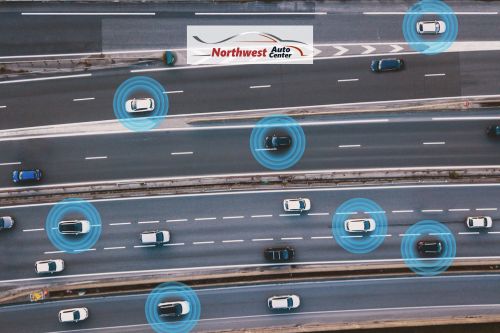
Vehicle Safety for Texas Drivers
Anti-lock Braking System (ABS): Taming Texas Terrain
Reliable brakes are essential in Texas, where weather conditions can change in the blink of an eye. That’s where the Anti-lock Braking System (ABS) comes into play. This innovative feature prevents wheels from locking up during hard braking, allowing Texas drivers to maintain control even on slick roads or sudden stops.
Electronic Stability Control (ESC): Navigating Texas Turbulence
With its diverse terrain (and heavily trafficked and used roads), Texas demands a steady hand behind the wheel. Electronic Stability Control (ESC) helps drivers maintain control in challenging conditions by automatically applying brakes to individual wheels and/or adjusting engine power. From sharp turns to slippery roads to avoiding that one driver weaving in and out of traffic, ESC ensures drivers stay on course, no matter the obstacles.
Backup Cameras and Parking Sensors: Maneuvering with Precision
Parking in crowded urban areas or navigating tight spaces can be a hassle for Texas drivers. That’s where backup cameras and parking sensors come in handy. These invaluable tools provide a clear view of obstacles behind the vehicle and emit alerts to prevent collisions, making parking much easier for drivers across the Lone Star State.
Lane Departure Warning (LDW) and Lane Keeping Assist (LKA): Staying the Course in Texas
Long drives across Texas highways can be tiring, leading to unintended lane departures. Lane Departure Warning (LDW) and Lane Keeping Assist (LKA) help drivers stay on course by alerting them when they drift out of their lane and gently steering the vehicle back into position. With LDW and LKA, drivers can stay focused on the road ahead, even during the longest journeys.
Forward Collision Warning (FCW) with Automatic Emergency Braking (AEB): Anticipating Texas Traffic
Heavy traffic and sudden merges are par for the course in Texas cities. Forward Collision Warning (FCW) with Automatic Emergency Braking (AEB) helps drivers anticipate potential collisions by providing timely warnings and automatically applying the brakes if necessary. Whether navigating rush hour traffic or cruising down Texas highways, FCW and AEB give drivers the peace of mind they need to stay safe on the road.
Adaptive Cruise Control (ACC): Cruising Control for Texas Highways
Long stretches of highway driving are common in Texas, and staying alert can be challenging. Adaptive Cruise Control (ACC) maintains a safe distance from the vehicle ahead by automatically adjusting the vehicle’s speed, reducing the need for constant manual adjustments. With ACC, Texas drivers can enjoy a more relaxed driving experience without compromising safety.
Blind Spot Monitoring (BSM) and Rear Cross-Traffic Alert (RCTA): Seeing Clearly on Texas Roads
Changing lanes or backing out of parking spaces can be trying maneuvers, especially with limited visibility. Blind Spot Monitoring (BSM) and Rear Cross-Traffic Alert (RCTA) provide Texas drivers with extra eyes on the road, detecting vehicles in their blind spots and warning of approaching traffic when reversing. With BSM and RCTA, drivers can navigate confidently, knowing they’re aware of their surroundings at all times.
Traction Control System (TCS): Tackling Texas Terrain with Confidence
Texas terrain can be unpredictable, from dry asphalt to gravel roads. A Traction Control System (TCS) is a car safety feature that helps drivers maintain control by limiting wheel spin during acceleration, ensuring better traction on slippery surfaces. Whether facing rain, mud, or gravel, TCS gives drivers the confidence they need to easily tackle any terrain.
Advanced Airbag Systems: Protection for Every Texan
In the event of a collision, airbags play a crucial role in protecting occupants from injury. Advanced airbag systems deploy based on the severity of the impact, providing enhanced protection for both front and rear passengers. With advanced airbag systems, Texas drivers can rest assured knowing their safety is always a top priority. And of course, you should always always wear a seat belt!
Tire Pressure Monitoring System (TPMS): Keeping Texas Drivers Rolling
Proper tire inflation is essential for optimal vehicle performance and safety. The Tire Pressure Monitoring System (TPMS) continuously monitors tire pressure and alerts drivers if any tire is significantly underinflated, reducing the risk of blowouts and tire damage. With TPMS, Texas drivers can keep rolling confidently, knowing their tires are always in top condition.
Driving Safely Across the Lone Star State
In Texas, safety on the road isn’t just a priority—it’s a way of life. By driving a vehicle with essential vehicle safety features, you’re not just protecting yourself and your passengers but contributing to the safety of every person on the road. From ABS to TPMS, these innovative technologies are essential tools for navigating the vast expanse of Texas with confidence and peace of mind. So, whether you’re cruising down Texas highways or navigating the streets of a major city, ensure your vehicle is equipped with the car safety features every Texas driver should consider.


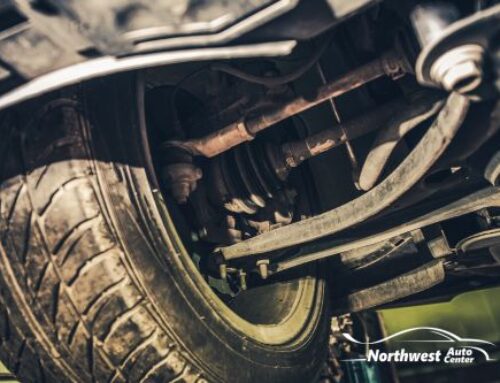
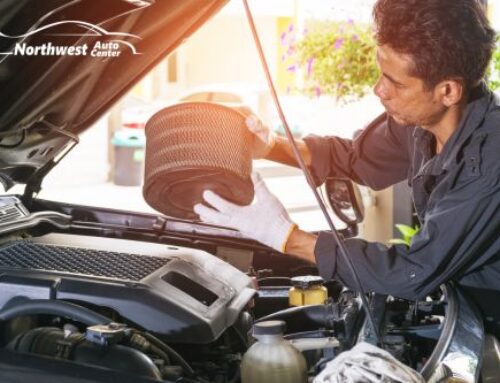
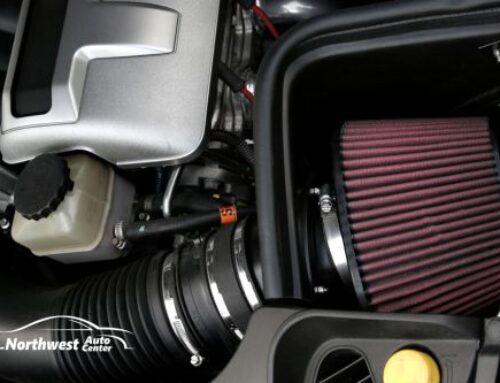
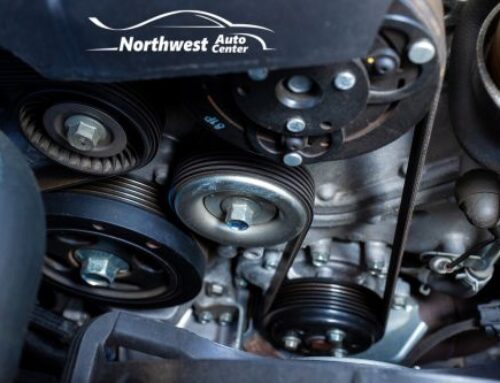
Leave A Comment
You must be logged in to post a comment.